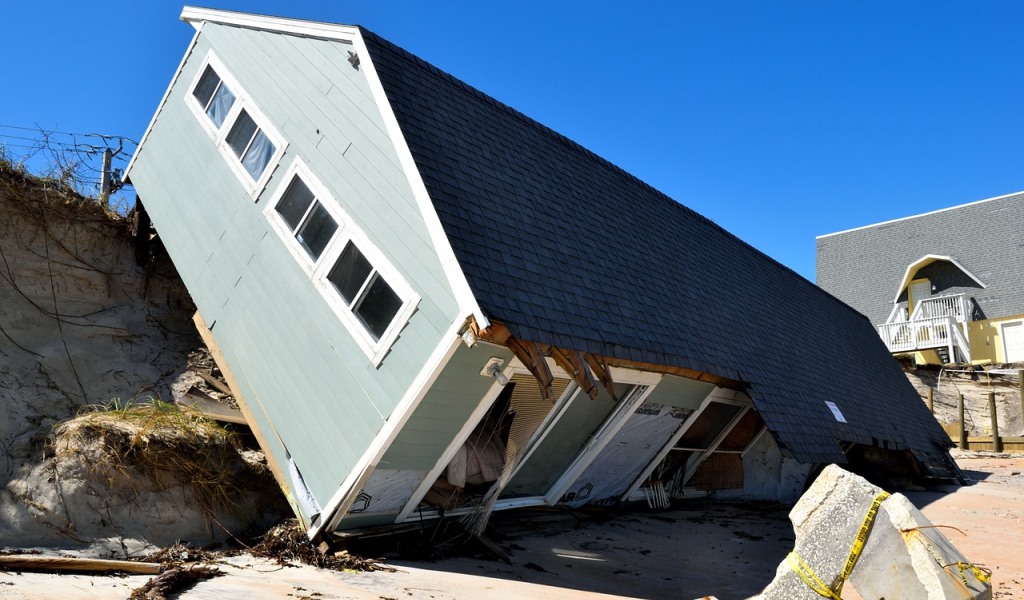On May 11, 2023, U.S. Senators Chris Coons (D-Del.), Roger Wicker (R-Miss.), Sheldon Whitehouse (D-R.I.), and Susan Collins (R-Maine) reintroduced the Coastal Fellowships Act to codify and improve the National Oceanic and Atmospheric Administration‘s (NOAA) regenerative Coastal Management and Digital Coast Fellowships.
“As the lowest-lying state in the country, Delaware’s prosperity and economy relies on the health of our waterways and coastal management. Delaware is fortunate to have talented NOAA fellows who work on critical coastal issues like flood mitigation, sea level rise, and habitat restoration,” said Senator Coons.
“I’m proud to support these essential NOAA fellowship programs and make them permanent to ensure coastal states like Delaware receive expert help on coastal management and conservation projects and can build a pipeline of talented public servants,” he added.
Senator Coons is Co-Chair of the Bipartisan Senate Climate Solutions Caucus.
“From rising seas to more powerful storms, coastal communities in the Ocean State are facing increasingly difficult challenges caused by climate change,” said Senator Whitehouse.
“We need to provide coastal states like Rhode Island with the resources to scale up coastal conservation efforts, and these NOAA fellowship programs are a smart investment,” he explained.
The legislation supports two essential programs that boost critical workforce capacity for resilient coastal zone management and restoration programs, which coastal and Great Lakes states and territories depend on to protect their communities from unique hazards.
“The NOAA Coastal Management and Digital Coast Fellowships have provided opportunities that address the needs of coastal communities and help establish a better future for our economy and environment,” said Senator Wicker.
“This legislation will ensure NOAA can continue training new fellows to assist Mississippi and other coastal states across the country. I am glad to join my colleague, Senator Coons, in advancing this worthy initiative,” he continued.
“Maine has thousands of miles of coastline that support the livelihoods of so many Mainers and are an integral part of our state’s character,” said Senator Collins.
“NOAA’s fellowship programs help to keep communities strong by supporting postgraduate students’ work with states to increase coastal resilience, protect the environment, and promote a strong ocean economy. Codifying these fellowships would help preserve these precious natural resources for current and future generations,” she added.
The Coastal Fellowships Act will:
- Codify the NOAA Coastal Management and Digital Coast Fellowships;
- Authorize sufficient appropriations to fully support NOAA’s administration of the program;
- Improve benefits for fellows, including an increased stipend, addition of a locality adjustment to account for cost-of-living differences between states, and sufficient funding for professional development, work-related travel, and relocation expenses; and
- Give fellows direct hire authority to facilitate the transition from the fellowship into the federal workforce for fellows interested in joining a federal agency.
The Coastal Fellowships Act is supported by the Coastal States Organization, The Nature Conservancy, and the American Shore and Beach Preservation Association.
“Coastal States Organization strongly supports the bipartisan Coastal Fellowships Act as valuable legislation to develop the next generation of coastal managers through practical experiences that provide meaningful improvements to coastal communities. With a generational shift in the coastal workforce, it’s more important than ever to develop new coastal leaders who will manage a future coast that looks very different from the coastlines of the past. Energy development, recreational opportunities, equitable public access, fishing, and aquaculture are just a few of the many coastal uses that need to be addressed in an era of rising sea levels and intensifying storms. The Coastal Fellowships Act will train leaders to face these challenges,” said Derek Brockbank, Executive Director, Coastal States Organization.
“Thank you to Senator Coons and Senator Wicker for their leadership with the bipartisan Coastal Fellowships Act. As we’re seeing across the nation, Delaware is facing increased pressure from climate change and rising seas,” said Lori Brennan, Executive Director, The Nature Conservancy Delaware and Pennsylvania Chapter.
“The NOAA fellowship program provides on-the-ground professional development opportunities for the next generation of coastal leaders as we work to build resilience in human and natural communities,” she continued.
“The NOAA Coastal Management Fellowship enables the state to undertake projects that address pressing coastal issues and it provides hands-on opportunities to recent postgraduates who are interested in public service. Delaware has hosted nine Coastal Management Fellows since 1998, several of whom chose to continue in-state service once their fellowships ended,” concluded Shawn M. Garvin, Secretary, Delaware Department of Natural Resources and Environmental Control.
Photo of Hurricane Irma damage in Florida courtesy of NOAA.

